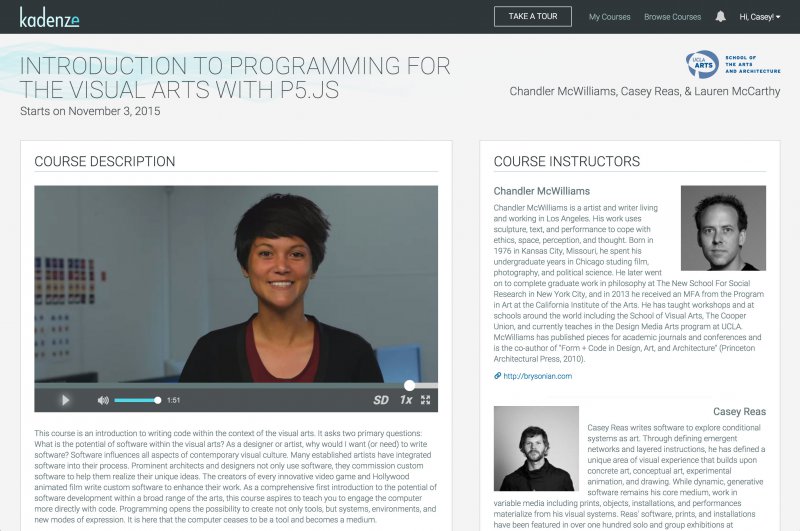Advocacy
The Processing Foundation’s core principles of accessibility and empowerment are facilitated through our Advocacy Program. We seek out and work with groups who have historically not had access to the fields of technology, code, and art, whether because of race, gender, class, sexuality, and/or disability. By facilitating dialogue and collaboration, the Foundation sponsors and hosts events that aim to broaden the audience for our software projects, welcome those new to the community, and nurture the specific needs of different groups.
If you encounter someone claiming to represent, be affiliated with, or be endorsed by the Processing Foundation outside of these channels, please verify directly with us. The Processing Foundation makes announcements about partnerships, endorsements, and official affiliations only through our verified social media: Instagram, X/Twitter, YouTube, and Medium.
To verify any claimed affiliation with the Processing Foundation, please contact us at support@processingfoundation.org.
Google Summer of Code (2011–2025)
Through Google Summer of Code, we work with college-level students in open-source projects that develop and expand Processing, p5.js, and Processing.py.
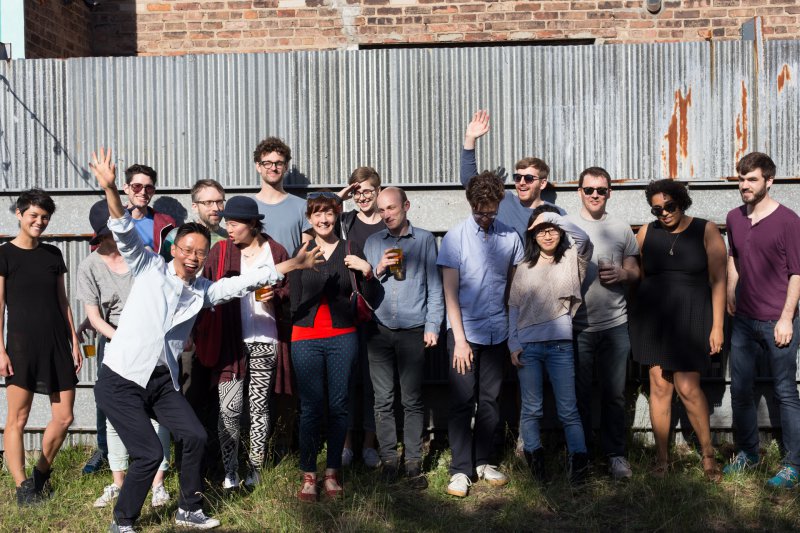
Learning to Teach, Teaching to Learn (2016-2026)
Learning to Teach, Teaching to Learn is a series of conferences for educators teaching computer programming in creative and artistic contexts, organized in collaboration with the School for Poetic Computation.
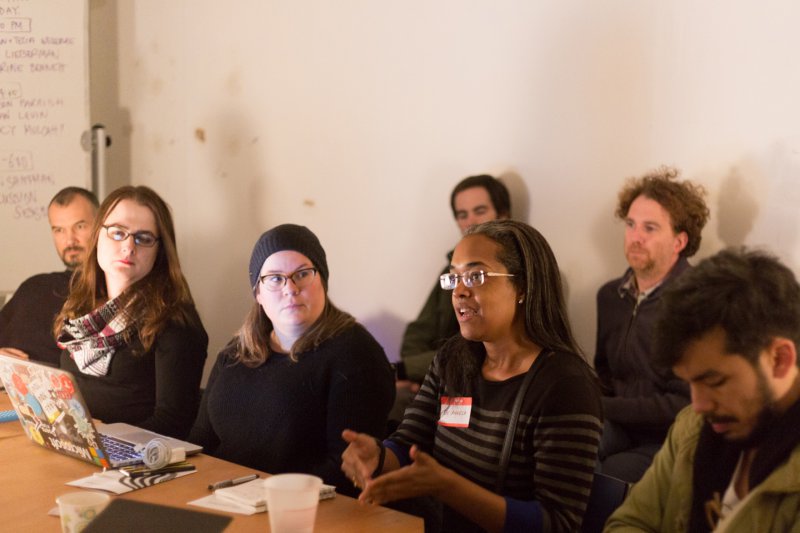
Code, Decolonized (2021–2022)
Code, Decolonized is a project and living archive initiated by shawné michaelain holloway and Xin Xin that researches, experiments, and practices new ways of learning and teaching programming languages for the web through perspectives that are traditionally overlooked and under recognized in the technical classroom. This collective work started from a...
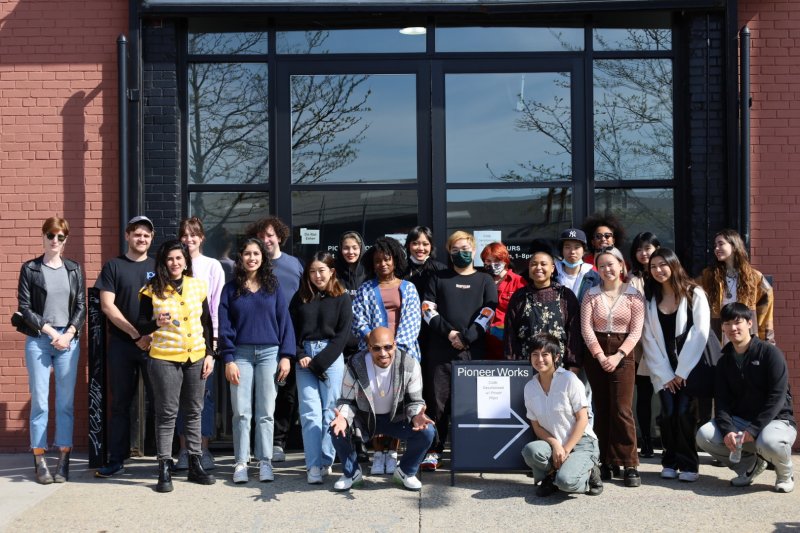
PCD 2021: Processing 20th Anniversary Community Celebration
Let’s organize a distributed, worldwide party! Celebrate the 20th anniversary of Processing with the community on August 20–22 by sharing events, zines, cakes, and artwork. Who’s in? #pcd2021
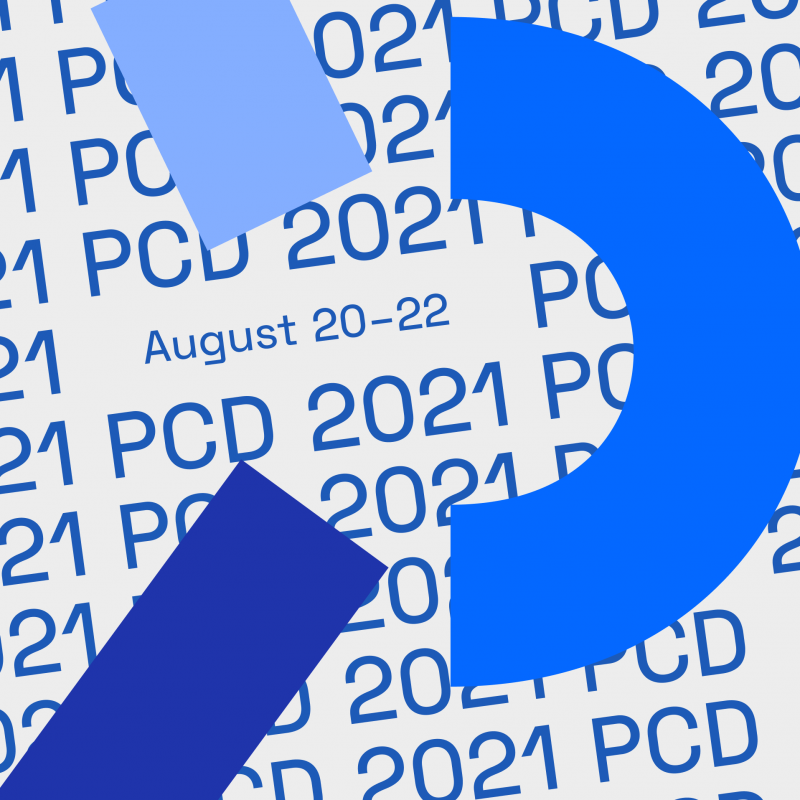
p5.js x W3C (2020)
We worked in collaboration with W3C and Bocoup to curate newbie- and artist-friendly sessions for the W3C Conference, opening wide-ranging conversations on ethics, communication, and creative media on the web.
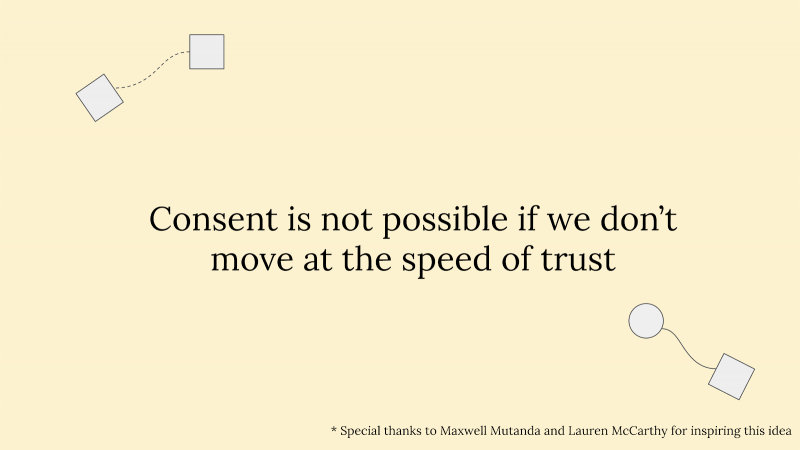
Processing Community Day @ Worldwide
Information about Processing Community Day @ Worldwide 2020 including advisors, handbook, online communities, map of events.
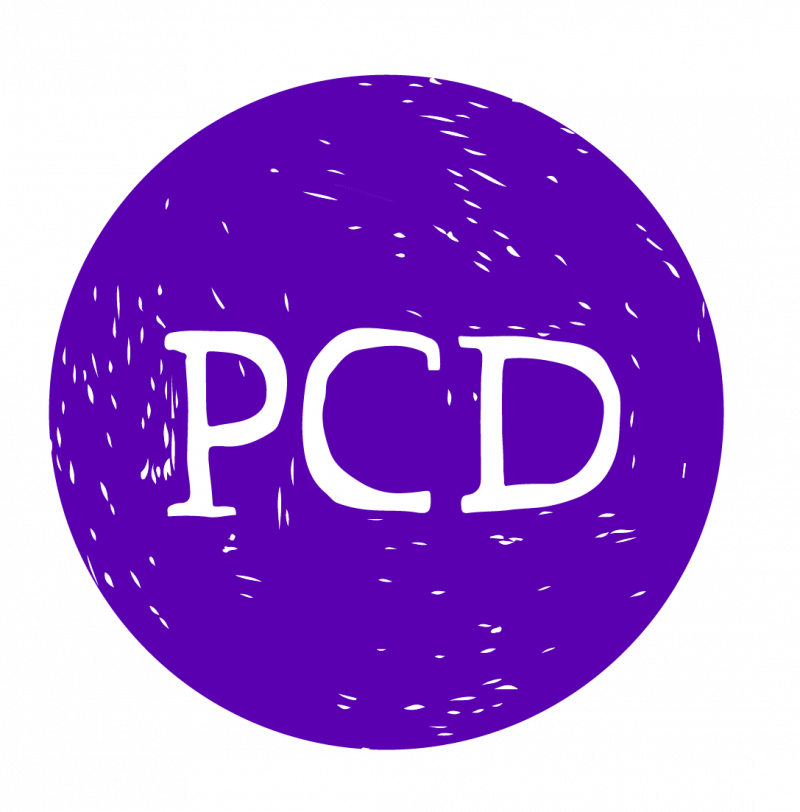
Processing Community Day 2017 & 2019
Processing Community Day
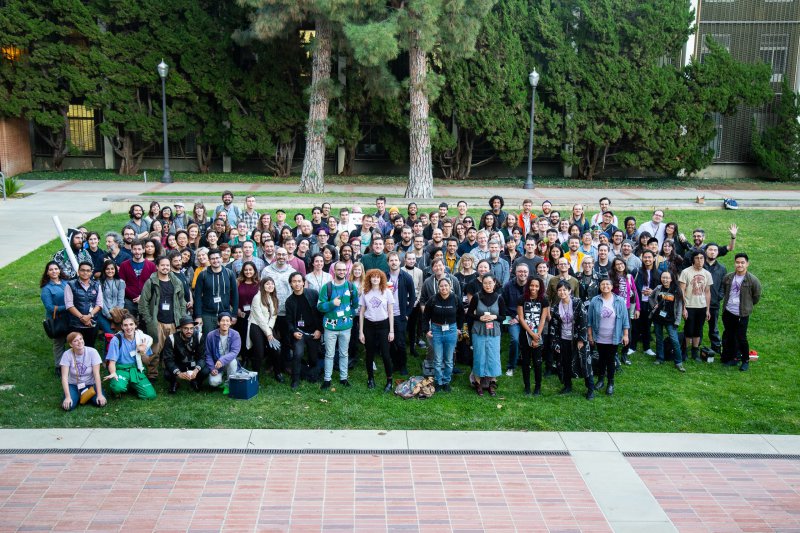
p5.js Contributor’s Conference (2019)
An interdisciplinary group of 35 participants gathered at the Frank-Ratchye STUDIO for Creative Inquiry, advancing the code, documentation, and community outreach tools and exploring the current landscape of the p5.js programming environment.
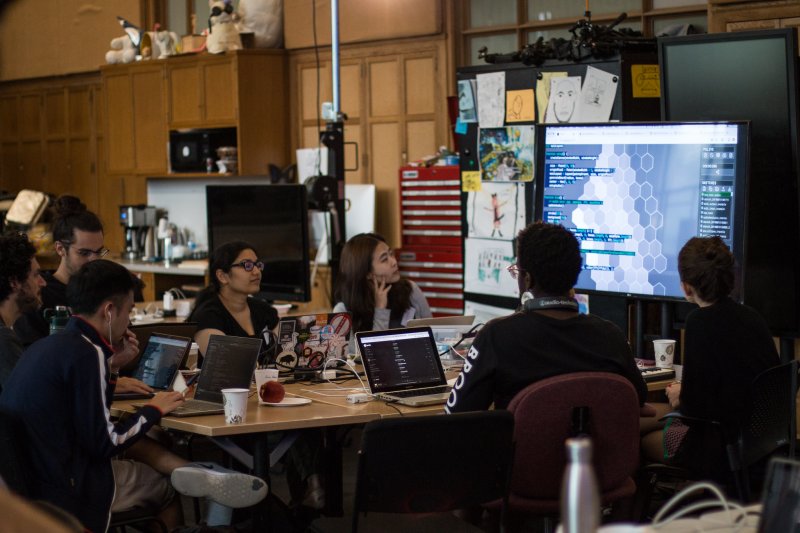
code.org (2013–2017)
In partnership with code.org and their annual Hour of Code event, the Processing Foundation created a set of online code tutorials geared toward middle and high school students.
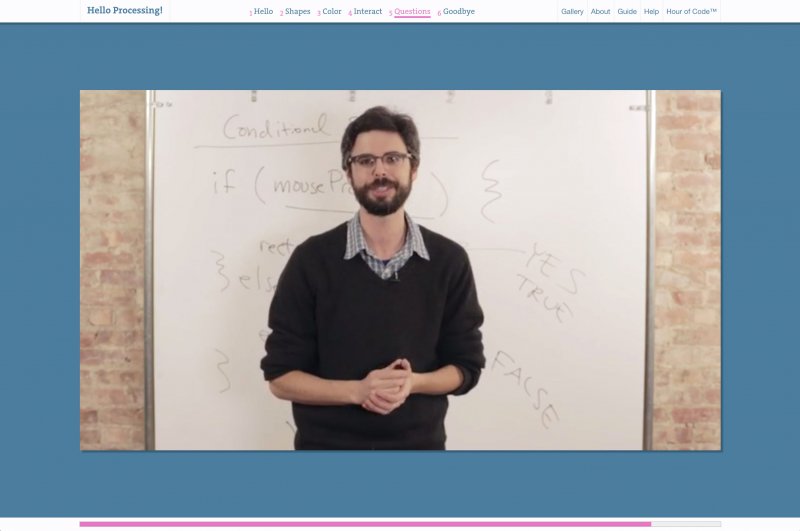
Scope Lab (2017)
Scope Lab is a workshop series focused on exploring code as a creative medium with which to understand and represent diverse perspectives.
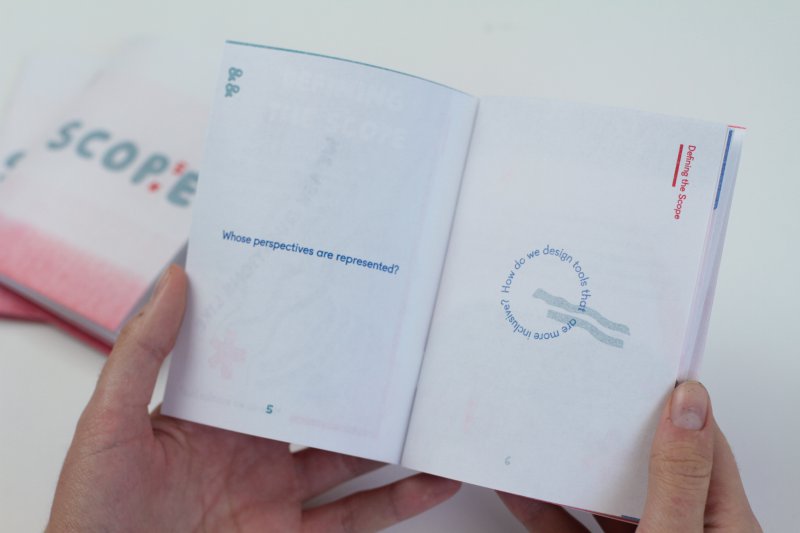
Open Tech Lab (2016)
A partnership with the Women's Center for Creative Work and Emma Cunningham, to make one-night community events that supported historically marginalized groups in coding, technology, art, and activism, in a friendly, supportive, and fun environment.
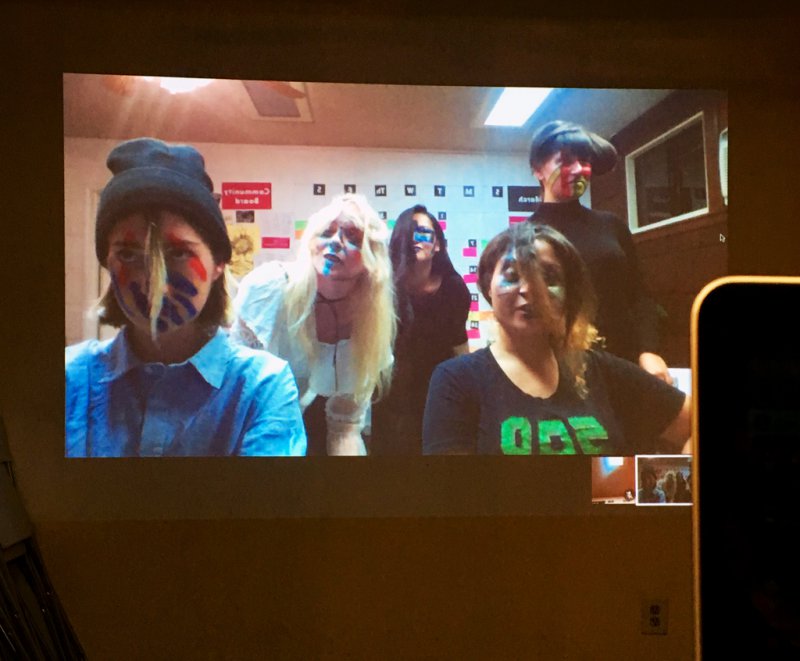
p5.js Contributor’s Conference (2015)
The inaugural p5.js Contributors Conference gathered a diverse group of approximately 30 participants at the Frank-Ratchye STUDIO for Creative Inquiry in May 2015. For a week, the participants advanced the code, documentation, and community outreach tools of the p5.js programming environment.
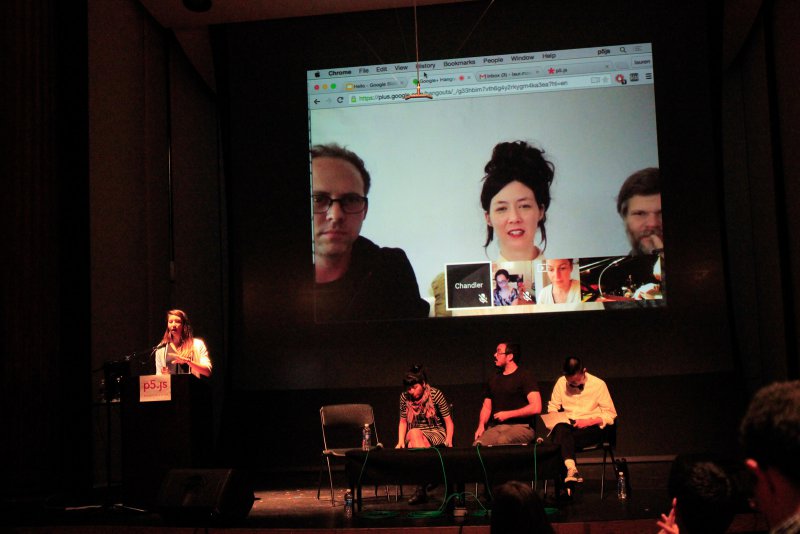
Choreographic Coding Lab (2015)
The 5th Choreographic Coding Lab was held September 15-19, 2015, hosted by the Center for the Art of Performance (CAP UCLA) in partnership with Design Media Arts (DMA), at UCLA.
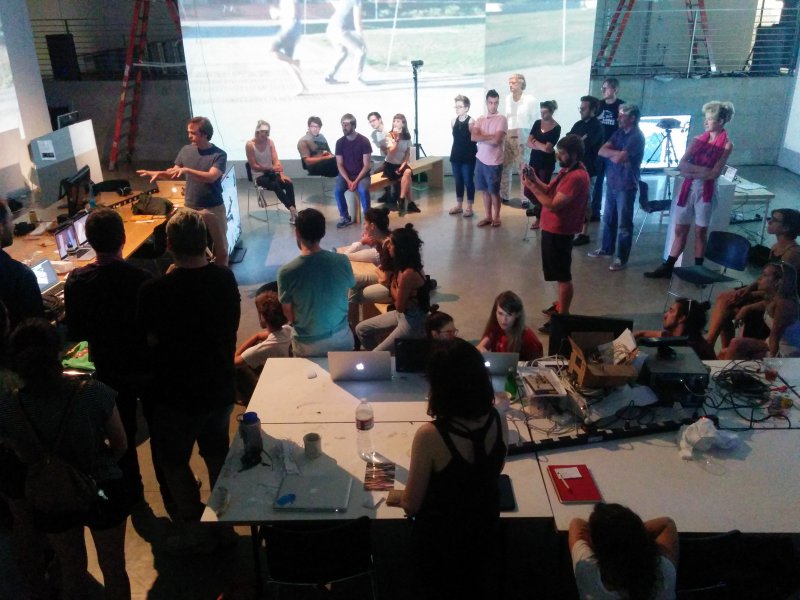
Biased Data: A Panel Discussion on Intersectionality and Internet Ethics (2015)
Biased Data: A Panel Discussion on Intersectionality and Internet Ethics, organized by UCLA student group voidLab, and moderated by the Processing Foundation, focused on inequality and bias in internet culture and other network technologies. Featuring panelists Safiya Noble, Marika Cifor, and An Xiao Mina.
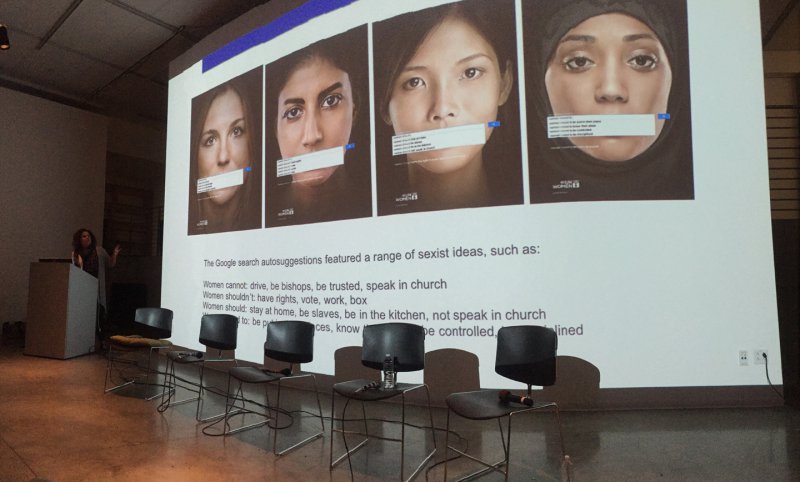
Kadenze (2015)
The Processing Foundation has partnered with Kadenze to make a series of free, online classes around Processing and p5.js. Our first course is “Introduction to Programming for the Visual Arts with p5.js.”
